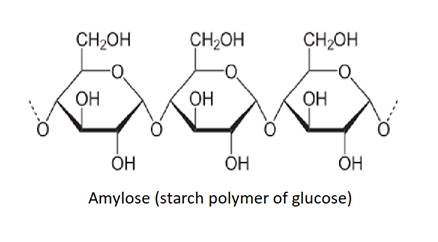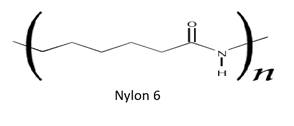Synthetic polymers do not degrade in the environment for a long time. How can biodegradable synthetic polymers be made. Differentiate between biopolymers and biodegradable polymers and give examples of each type.
Synthetic polymers are quite resistant to environmental oxidation and enzyme actions. They do not easily degrade and cause the accumulation of solid waste.
New polymers are being designed and developed. These polymers are biodegradable as they contain the similar functional group as biopolymers.
Biopolymers are polymers of amino acid and carbohydrates linked together with peptide or glycosidic linkage.

Polymers of amino acid can be or cannot be biodegradable for example proteins are biodegradable but keratin is non-biodegradable.
Some examples of biodegradable polymers are nylon 6 and PBHV.
